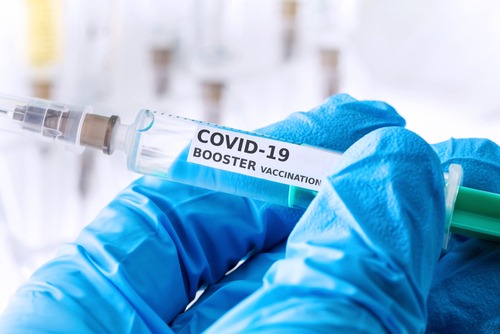
A Phase 3 clinical trial of Vaxxinity, Inc.’s UB-612 heterologous COVID-19 vaccine booster dose candidate gained up to $9.25 million in support from the Coalition for Epidemic Preparedness Innovation (CEPI) this week to help evaluate the candidate’s abilities.
“As we strive to stay one step ahead of COVID-19, mix-and-match boosters could play an important role in protecting people against new variants by improving the strength and breadth of immune responses,” Dr. Richard Hatchett, CEO of CEPI, said. “This CEPI-supported trial will generate additional evidence to inform booster strategies in people previously vaccinated with vaccines distributed through COVAX, including against variants of concern.”
The trial began earlier this year to determine the booster’s ability to increase immunity against both the original strain of SARS-CoV-2 and the multiple variants that have emerged. Specifically, it looks at its use on people at least 16 years old and older who have been previously immunized with an otherwise authorized COVID-19 vaccine: Oxford-AstraZeneca, Pfizer-BioNTech, Sinopharm, or Sinovac.
Those vaccines were designated as acceptable priors due to their status as vaccines currently distributed by the international COVAX effort.
“As we reach majority vaccination levels in high-income countries, we must remember that LMICs (low- and middle-income countries) lag far behind,” Mei Mei Hu, co-founder and CEO of Vaxxinity, said. “With our mission to democratize health, we strive to deliver transformational science-led innovation that is not only safe, well-tolerated, and accessible to all but is intended to be variant-ready and may protect against new SARS-CoV-2 variants.”
For comparison, the approximately 1,000 healthy adults to be enrolled in the new trial will be assessed primarily for safety and immunogenicity after a single booster dose of UB-612 or a homologous booster. The first subjects have already been dosed in the United States, and primary analyses are expected to be released later this year.




